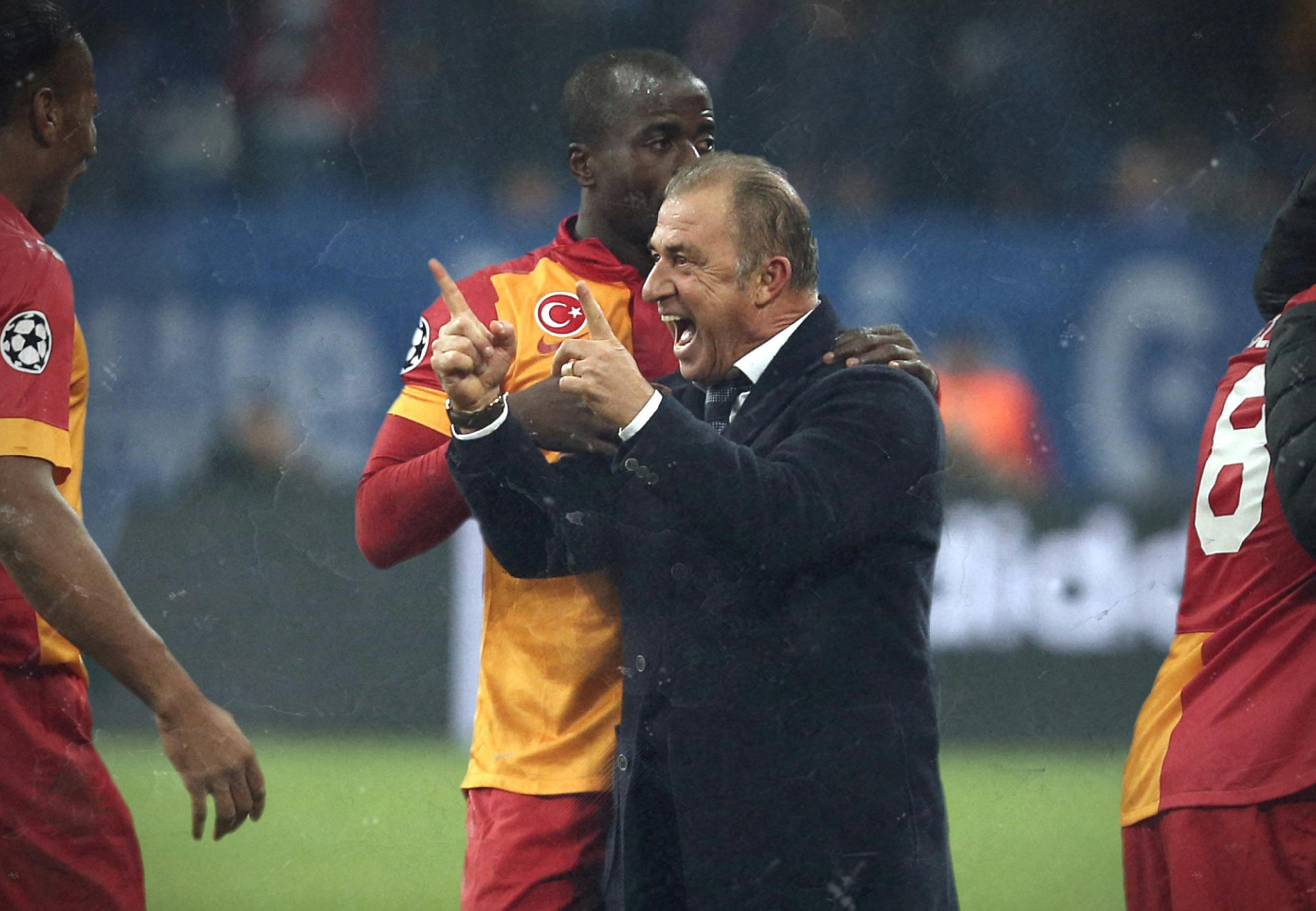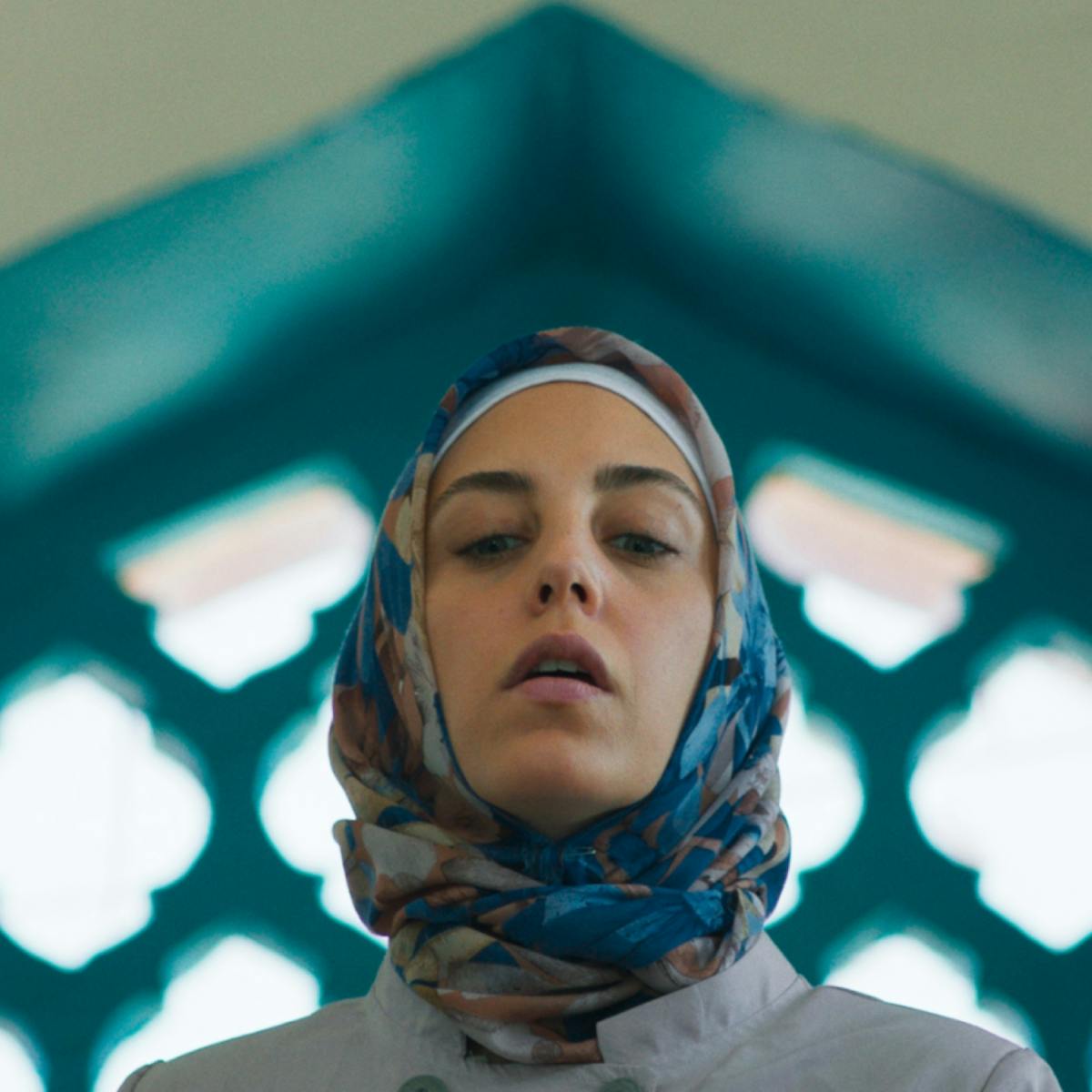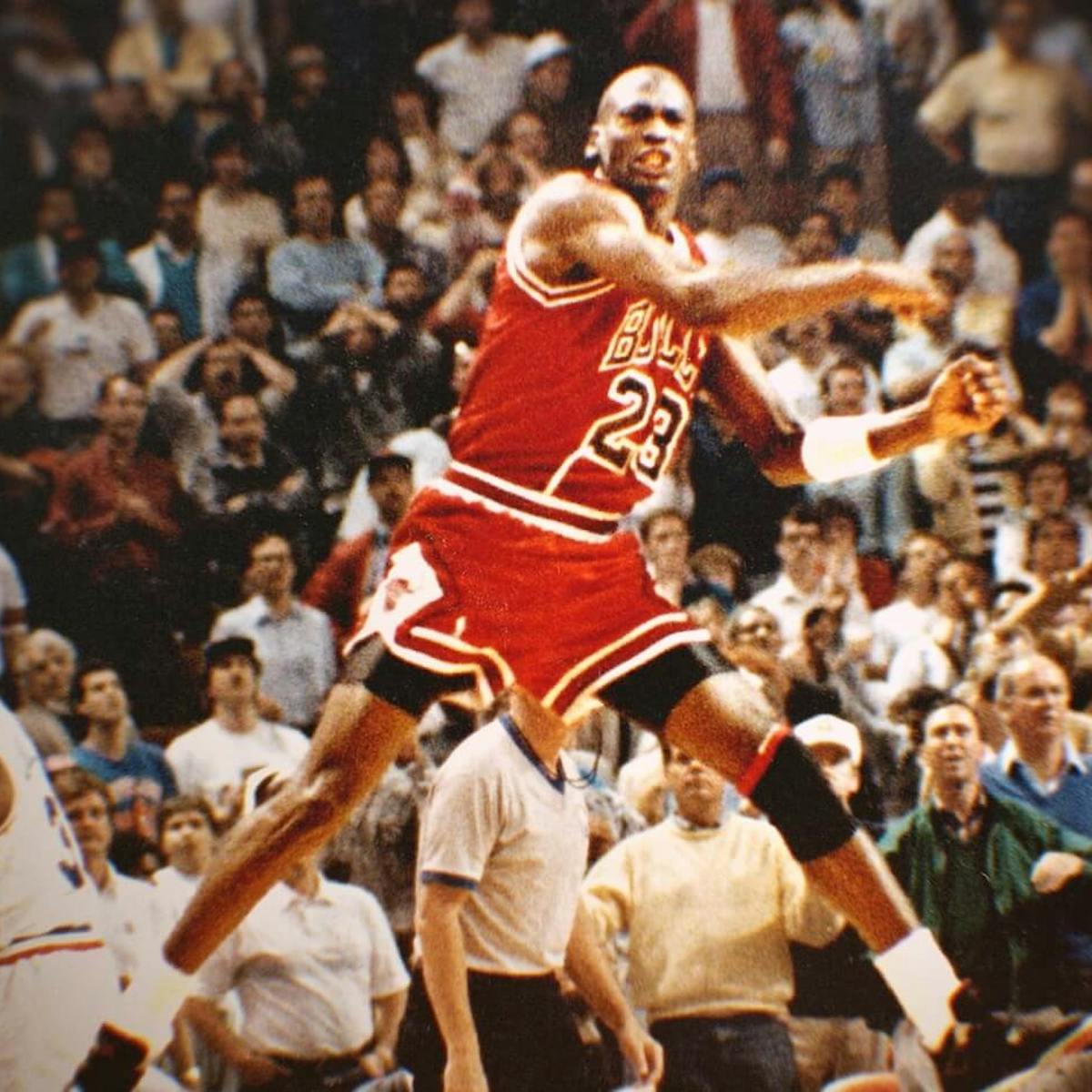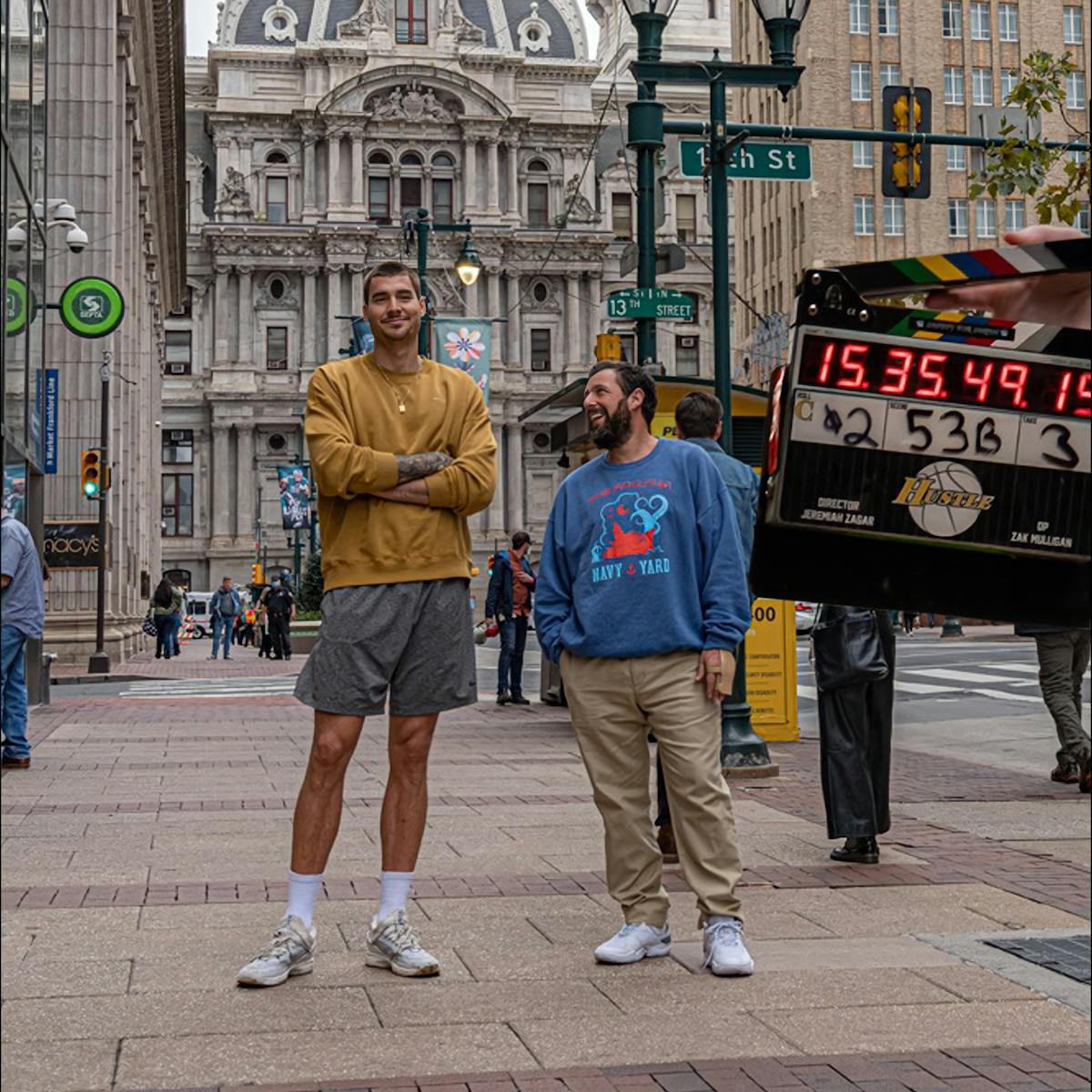The legendary Turkish soccer player and coach looks back at his storied career in the new documentary series Terim.
Some people have indefinable auras. As you are sitting somewhere, someone, even if you have no idea who they are, comes in and captures all the attention. When you meet them, this encounter makes you feel fear and respect at the same time. This is Fatih Terim. For this image to be changed, you have to be part of his inner circle or look at him from a distance, without any prejudice. Terim, the new documentary series, tells the story of the most iconic figure of Turkish soccer, who has had many firsts and bests in his career and has shaped the last 40 years of Turkish soccer as both a player and as a coach.
Terim is the figure that best summarizes soccer in Turkey, someone almost everybody has heard of and has a sentiment about — whether positive or negative. It is difficult to find another soccer coach that we can compare him to, who is the summary of soccer in their country. Even the biggest names that come to mind would fall short; either in terms of their careers as soccer players, the duration of their coaching journey, the numbers of cups won, or their careers on their national teams.
Terim tells the story of the coach from the beginning to the end directly from the ones who were there, from the four occasions coaching Galatasaray soccer club in Istanbul, three terms coaching the Turkish national team, and the number of cups that he has won. As much as it is directed at the global audience who are unfamiliar with Terim, this docuseries also serves as an archive, which will prove its significance over time, for Turkish soccer fans who wish to refresh their memories. It is testimonial of the meaning of soccer, family, and the game from the perspective of Terim.
Neither the docuseries nor this interview will provide an answer to each and every question that we have for the soccer great nicknamed “the Emperor.” We will be left with some matters open in the end, and what will happen afterwards is for us to experience as they happen. The only thing that is certain is that as long as there is a possibility for success, Fatih Terim will never give up and this story will not end until he says so.
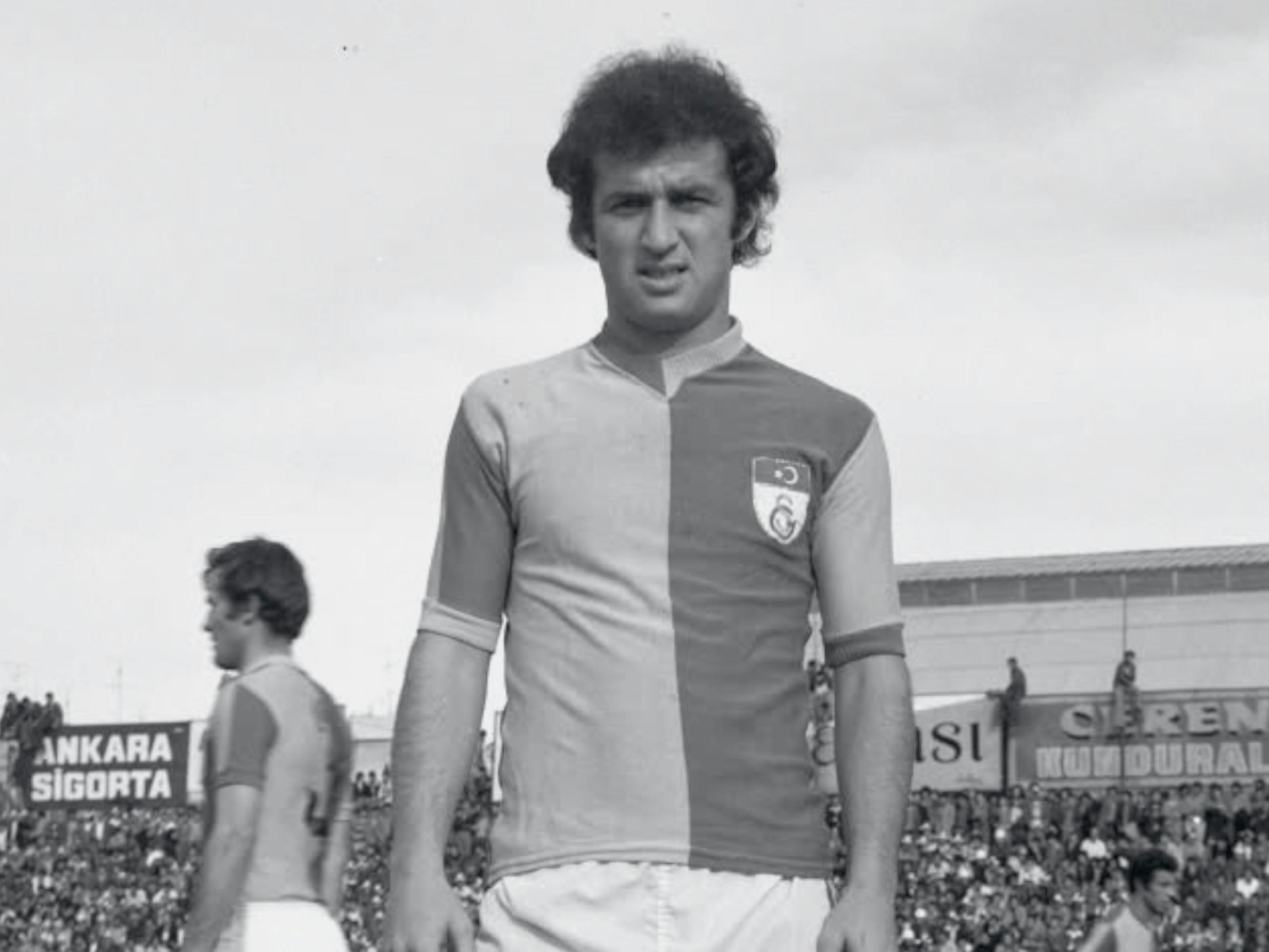
Banu Yelkovan: It is a very difficult task to combine many games and stories, each worthy of being told in a separate documentary, in four episodes. How did you feel reliving all of your memories about your career and your life?
Fatih Terim: Cups, medals, my footage, and photos in the archive, all mean a lot to me. When I look at a cup or a photograph, I recall the story of that moment, and re-experience the feelings I’d had in that moment. When I accepted the offer for this docuseries, this was what I wished for — to combine what everyone sees with the feelings I have experienced.
It was difficult to fit my whole life in four episodes, considering how sometimes we can discuss even a single game with friends for hours. And four episodes were not enough. But I am sure, even for people who know nothing about me, those four episodes will tell a lot about me and also about life.
How did you feel the first time you watched it?
FT: During filming, I talked about my memories from different periods in my life. About the time I was in Adana, Istanbul, Ankara, Izmir, and then Florence, Milan, and again, Istanbul. I told all of these stories and we would get back to the subject when I remembered anything new, or we would just go on and start talking about other topics. Of course I remember what I said, clearly, but I had no idea what others said or told.
I watched the first two episodes with my wife, Fulya, and there were times we were not able to hold back our tears. It is not easy at all. You feel alienated to yourself. I mean, what you are watching is your own life, but the footage, music, the talking... A while later, we watched the final two episodes. This time, I was with my daughters. I looked at them and they also had tears in their eyes. We said, “Great job, thank you,” and we left. I am so excited, even now. This turned out to be something my grandchildren will watch in the future and say, “This is our grandfather.” This makes me very happy.
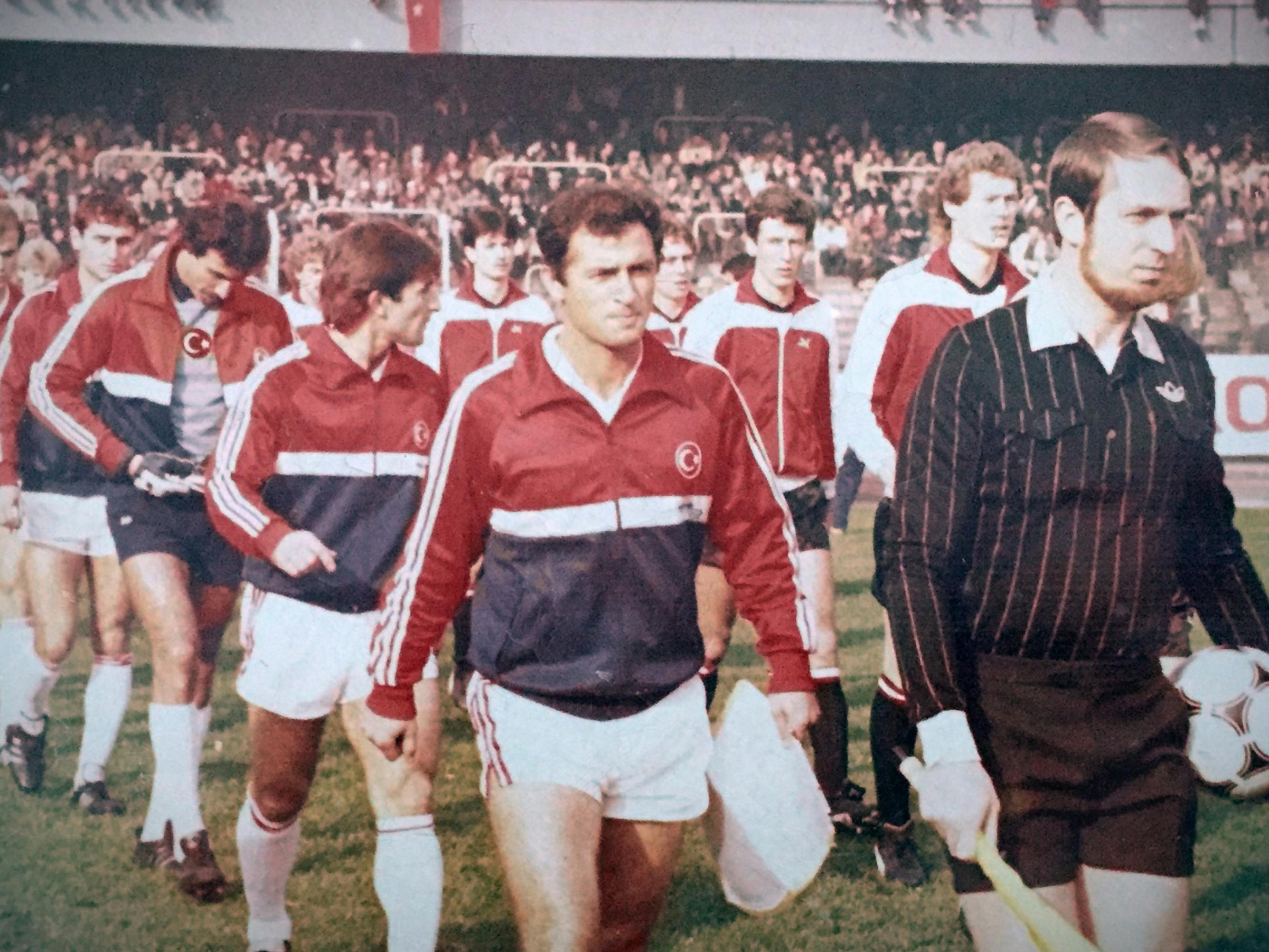
Were there any memories that the documentary made you recall or do you keep all of your experiences in your memory, with all the details?
FT: I do not know whether it is a good or a bad thing but I do not forget easily. Ask me about the games I played when I was a soccer player, I can remember them minute by minute, with their scores. I do not forget names. And that is what happened during filming. I recalled the records for the events, topics, names or places from my memory and I spoke of them as I remembered them. Of course, as I remembered, there were things that were added. But I knew that this would never end.
As a child, did you have any dreams?
FT: Living a tough but happy childhood did not stop me from dreaming. Of course, I had dreams. At first, my dreams were about improving the living conditions of my family. Buying a house, paying debts. Perhaps, I would be able to buy the things we could not afford at the time. And then, of course, there came soccer. I was dreaming of soccer. And playing soccer meant having new dreams. This is why I am good at empathizing with children who dream of playing soccer, as I know that we have dreams with similar colors, sounds, and images.
Your wife said she had thought you would not be able to do this job of being a coach and that she was proven to be very wrong. When exactly did you decide you wanted to be a coach?
FT: What my wife, Fulya, was right about was my sudden bursts of anger in the past. Actually, I still have those, but back then, she thought that this was perhaps not a favorable trait for this profession. When a soccer player is able to achieve what he believes to be true on the field, and if that player can read the game not for himself but also for the whole team, inevitably, one day he will consider becoming a soccer coach. Of course considering it is one thing, and realizing that thought is another. Back then, many important people advised me to become a soccer coach. I believed in myself, that I would work really hard and improve myself in this area, that I could be bolder, that I wanted to try doing things that had previously never been done.
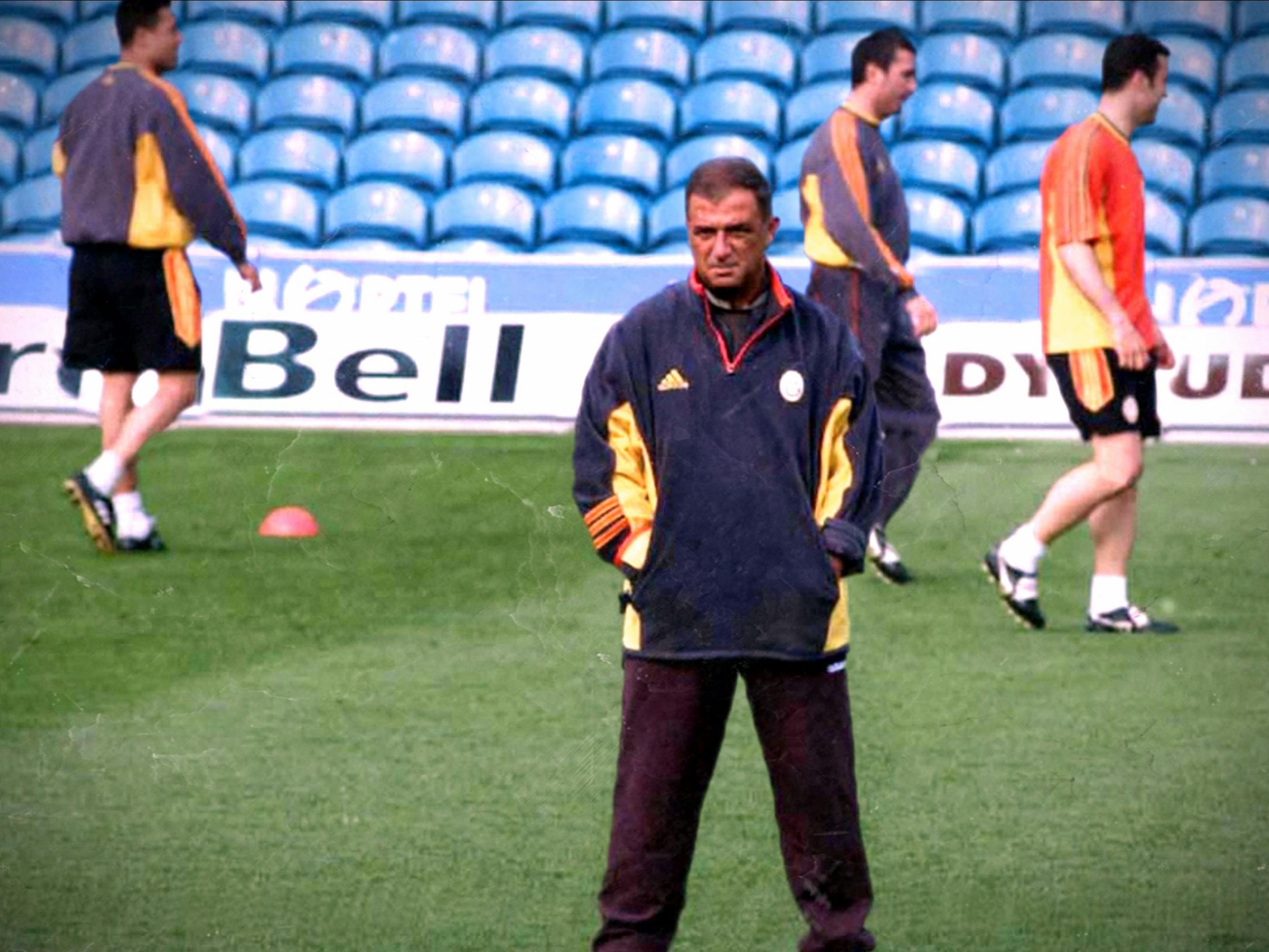
Son, soccer player, captain, coach, husband, father, grandfather, emperor . . . If you were to rank these in terms of priority, which ones would you list as your top three? Are there any more titles you wish to add to this list?
FT: As much as it is not possible for me to rank them, it is also unthinkable for me to leave one out. They form a circle, combining all of the elements, complementing my story. If I were to separate one from the other, the story and the cycle would be incomplete. In my story, I was happy, as a son, soccer player, captain, coach, husband, father, grandfather, emperor. Each title had different responsibilities, and each had its own beauty.
Your players, family and friends often said that you do not like to lose, even when playing games. What is your favorite game, apart from soccer? Who is your biggest competition among your family members and friends?
FT: Playing sports is about winning, fighting, and losing, although we do not like the last one much. That is why I like all kinds of sports. Apart from that, what I can say is that I play canasta with my family. My wife, Fulya, is my greatest competition, and actually, it is not just me, there are not many people in the family who like to lose.
When the filming started, you were Galatasaray’s coach and you completed the documentary at a completely different point. How was that period? How did it affect filming?
FT: Anything that is a part of life is also a part of soccer. I said that in the documentary, also. Soccer is not just a sport. When you look at my life, the documentary, and not just the filming process, you can see that there are lots of things I started and finished. This was one of those.
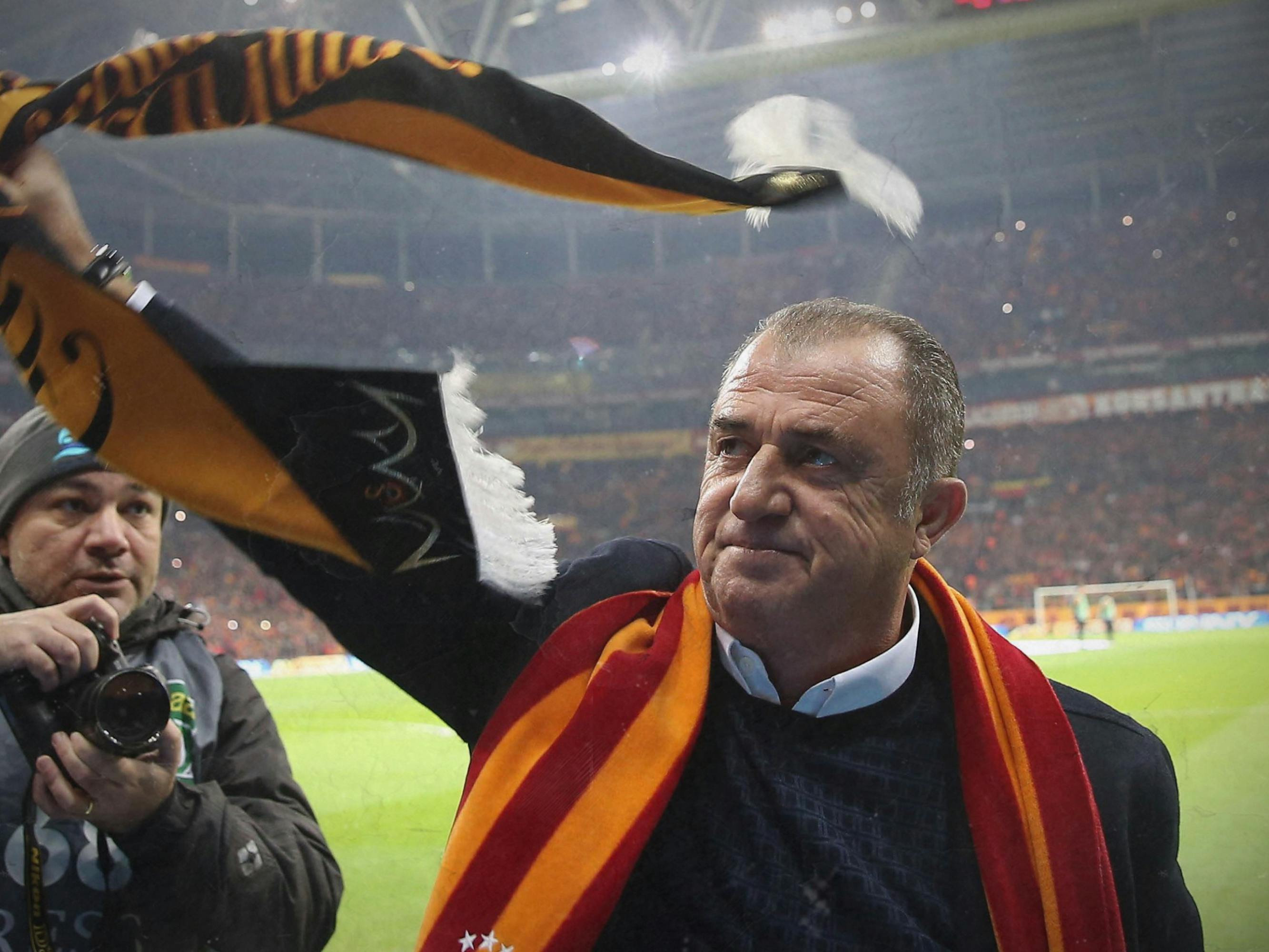
After watching the documentary, were there any parts that were missed, or any people you wished were there?
FT: Ah, how I wish my father was alive and took part in the documentary. But the thing I wonder the most is what he would think and how he would feel after watching it. Actually, I only learned who took part in the documentary as we were almost done filming. It was very clear what Netflix expected of me: “We are listening to many people about the important breaking points in your life, but how did Fatih Terim feel, what did he think when these were happening?” This was also my point of focus.
Of course, it would be wonderful if everyone was included. And I would also like to share one more thing, tying it to one of your previous questions. Remember how I said with friends, we would talk for hours about a single game — I would like for a camera to film us, all actors of the game, event, or topic, having a chat. Laughing about it, having disputes, getting mad at, or supporting each other. Like a couple of friends talking around a table. Believe me, it is something different.
